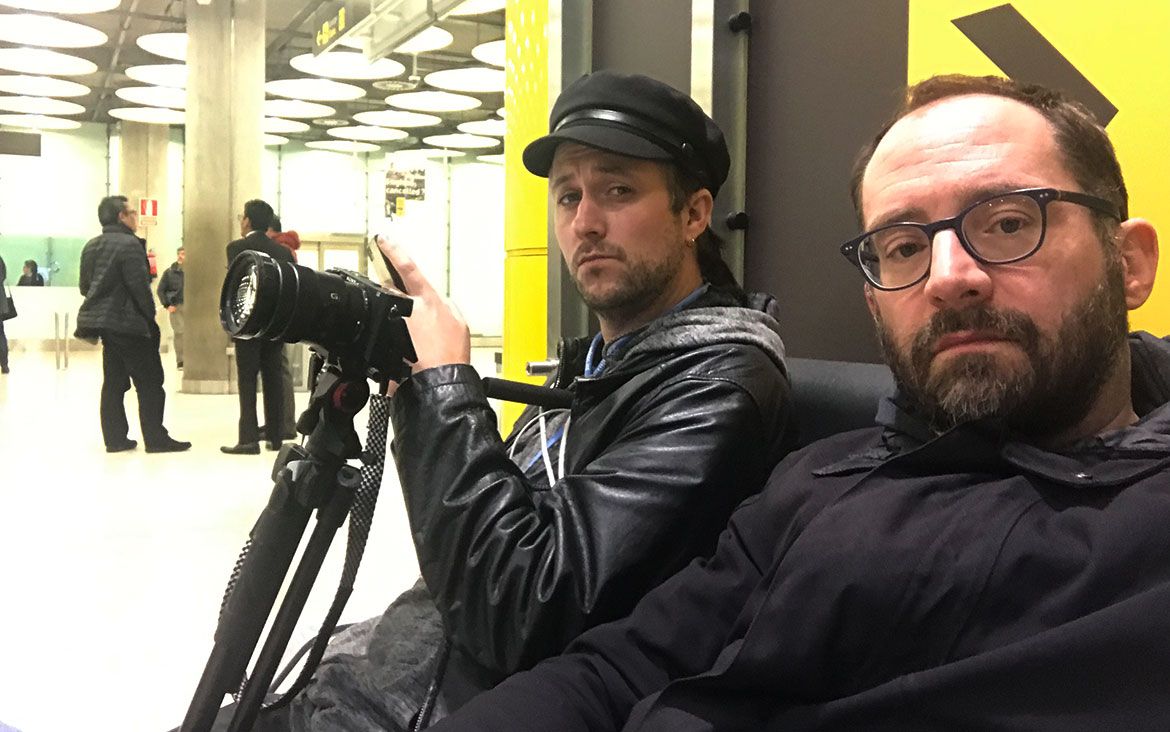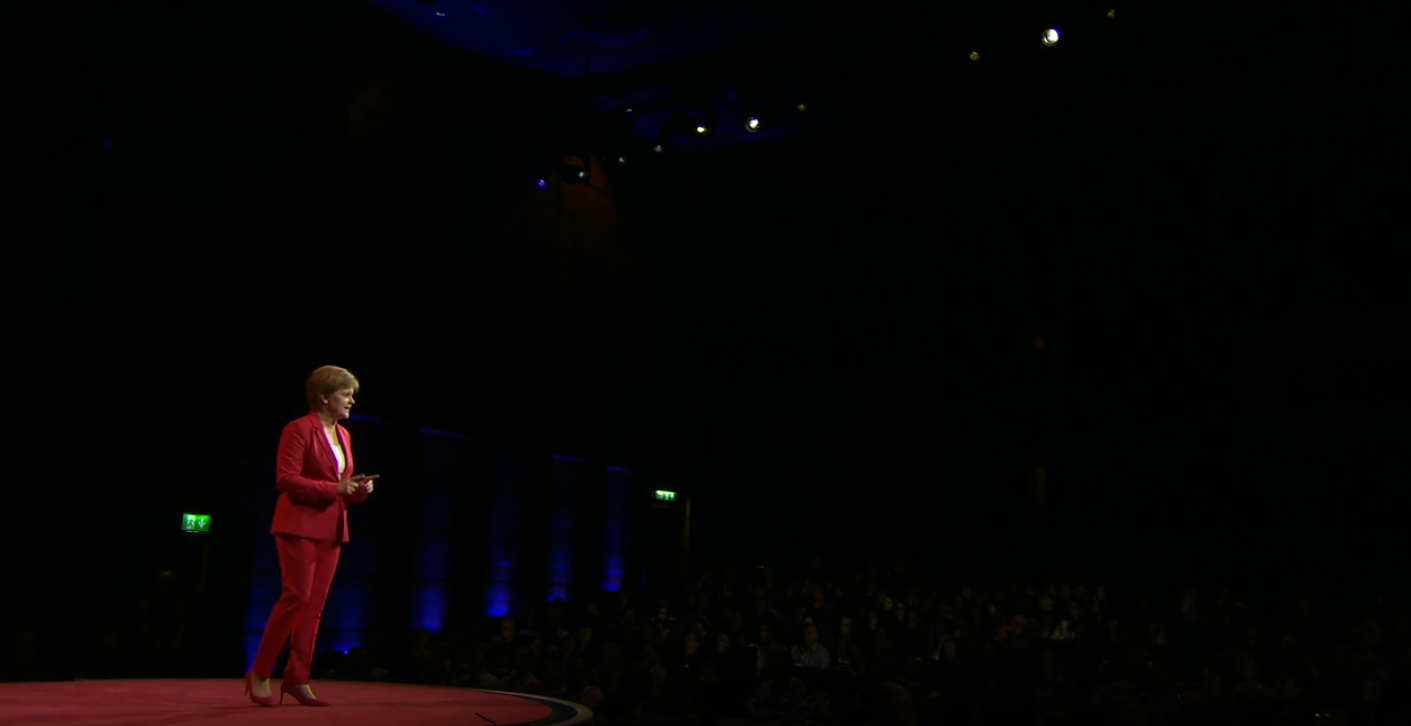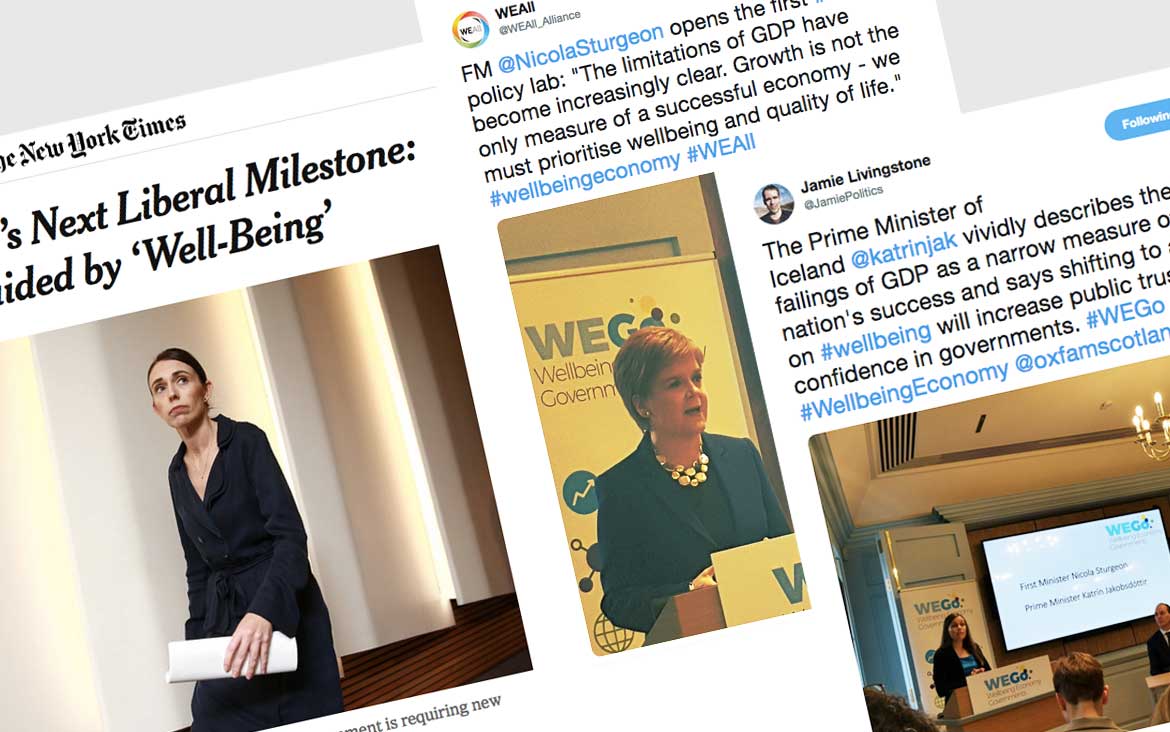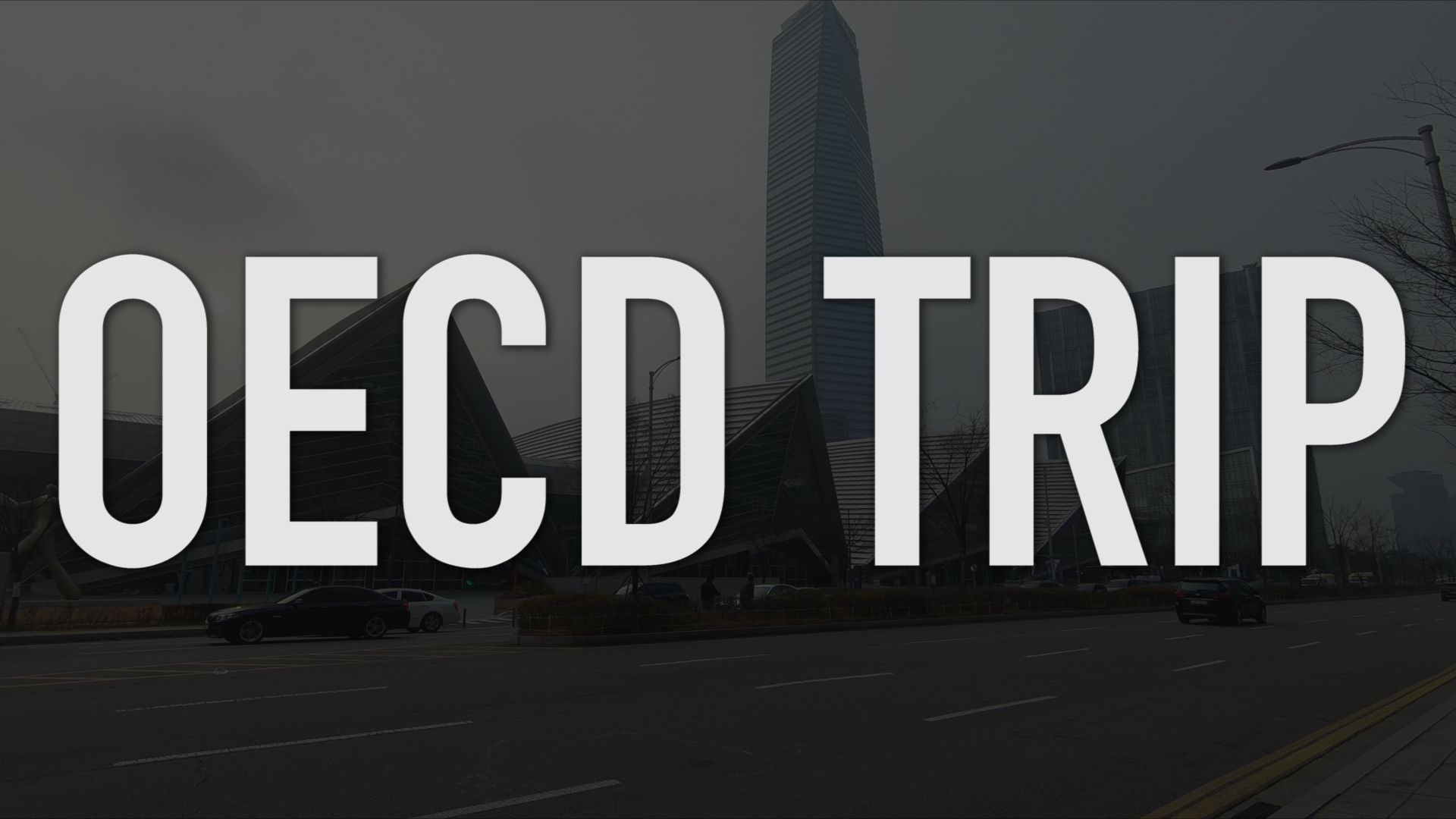The latest announcements that the new German Minister for the Economy and for the Climate, Robert Habeck, made in the run-up to the launch of the latest report on the German economy are very interesting — in many respects, he uses a vocabulary and terms that seem to come from the Wellbeing Economy school of thought.
The influential German weekly DER SPIEGEL reported on the new tone in the report, based on a draft that was circulated early:
The draft report states that “overall economic growth, measured in terms of growth in gross domestic product, is a necessary but by no means sufficient prerequisite for sustainable prosperity, employment, participation and social security”. For the first time, the German government will examine “complementary dimensions of material and immaterial prosperity as well as intergenerational sustainability” beyond gross domestic product (GDP).
And further down:
In addition, a “saturation with basic consumer goods” had been reached in the middle of society. Therefore, “a political promise of further and generally rising consumption levels cannot be made.”
In the center/conservative daily paper FAZ, a commentator says:
The Greens have long been at odds with the concept of basing the country’s well-being primarily on the value of domestically produced goods and services. As a consequence, they have negotiated a passage in the coalition agreement about a well-being report which is to be integrated in the annual economic report and “that covers not only economic but also ecological, social and societal dimensions of well-being”. A GDP framed green.
(Translations from German all mine.)
The actual report (German) that finally did come out has been toned down — most likely to accommodate the other two coalition parties that are not as progressive in their thinking about the economy. Overall, the report focuses less on a changed approach to running the economy, and much more on the climate crisis (which is still encouraging news, coming from a ministry that was in the hands of staunch fossil fuel defenders for decades). But I believe that the statements that were circulated beforehand are the real news that deserve our attention. Because that seems to be where Habeck’s heart is.
Today, the Wellbeing Economy Alliance have published a guest piece on their blog I have written. I am commenting on Habeck’s initiative from my point of view as a German, having spent most of my life surrounded by a society that was deeply marked by the unbridled adoration of GDP growth — no surprise there, Germany built its entire raison d’être around increasing the material output of its economy after the disaster of World War II and the Nazi era.
I personally hope that Habeck will get the support that he needs to see his vision through. If Germany adopted this way of thinking more broadly, it could produce a chain reaction in Europe and beyond.






